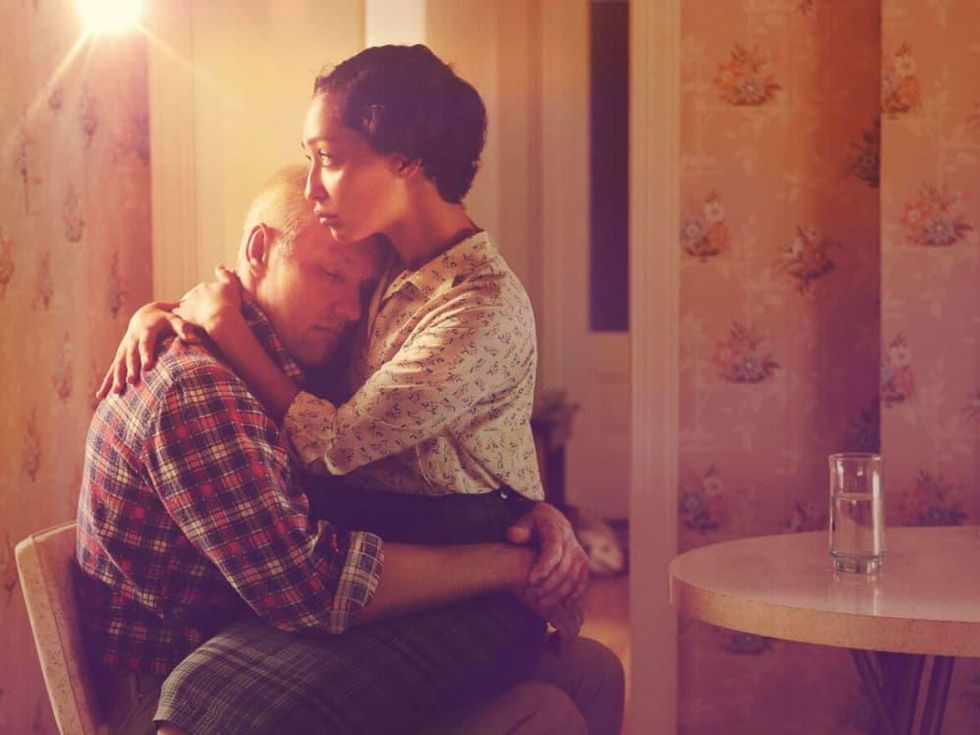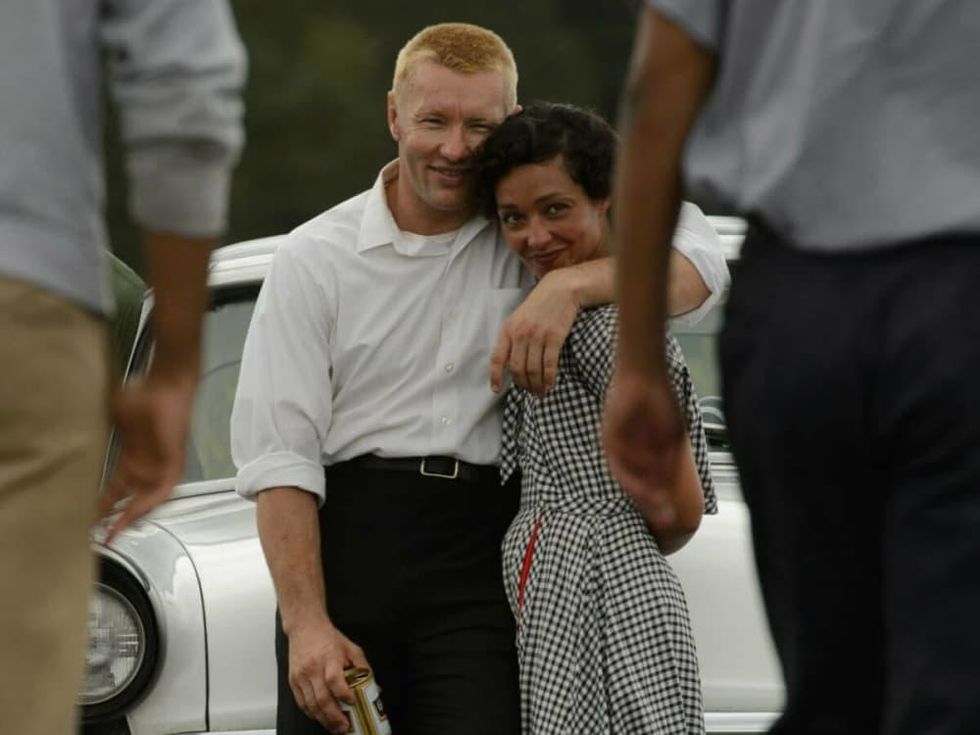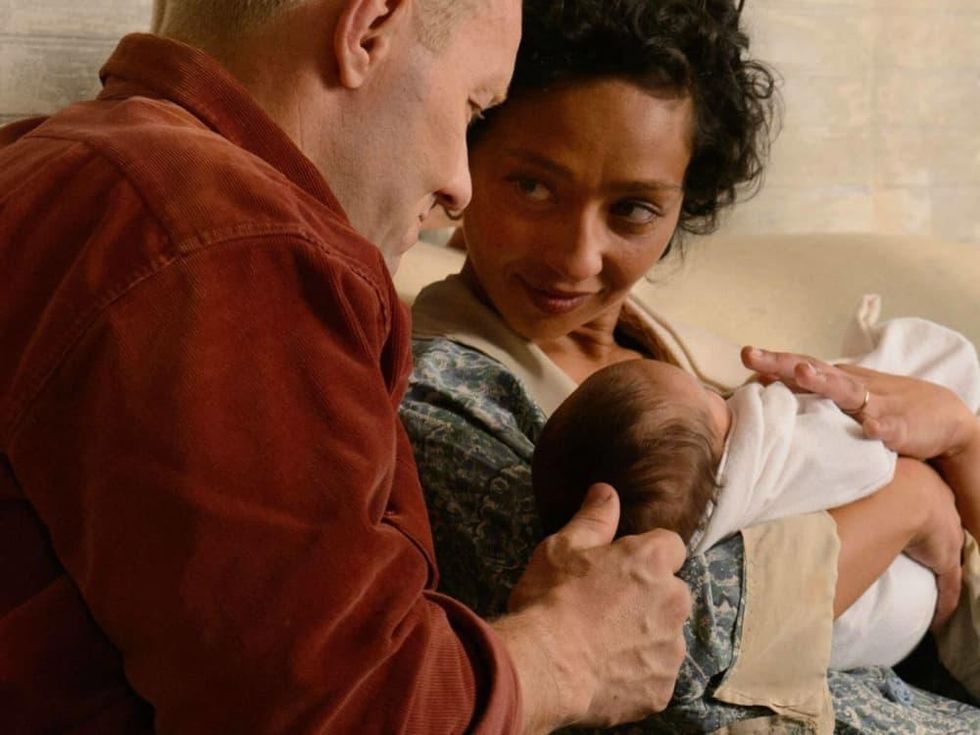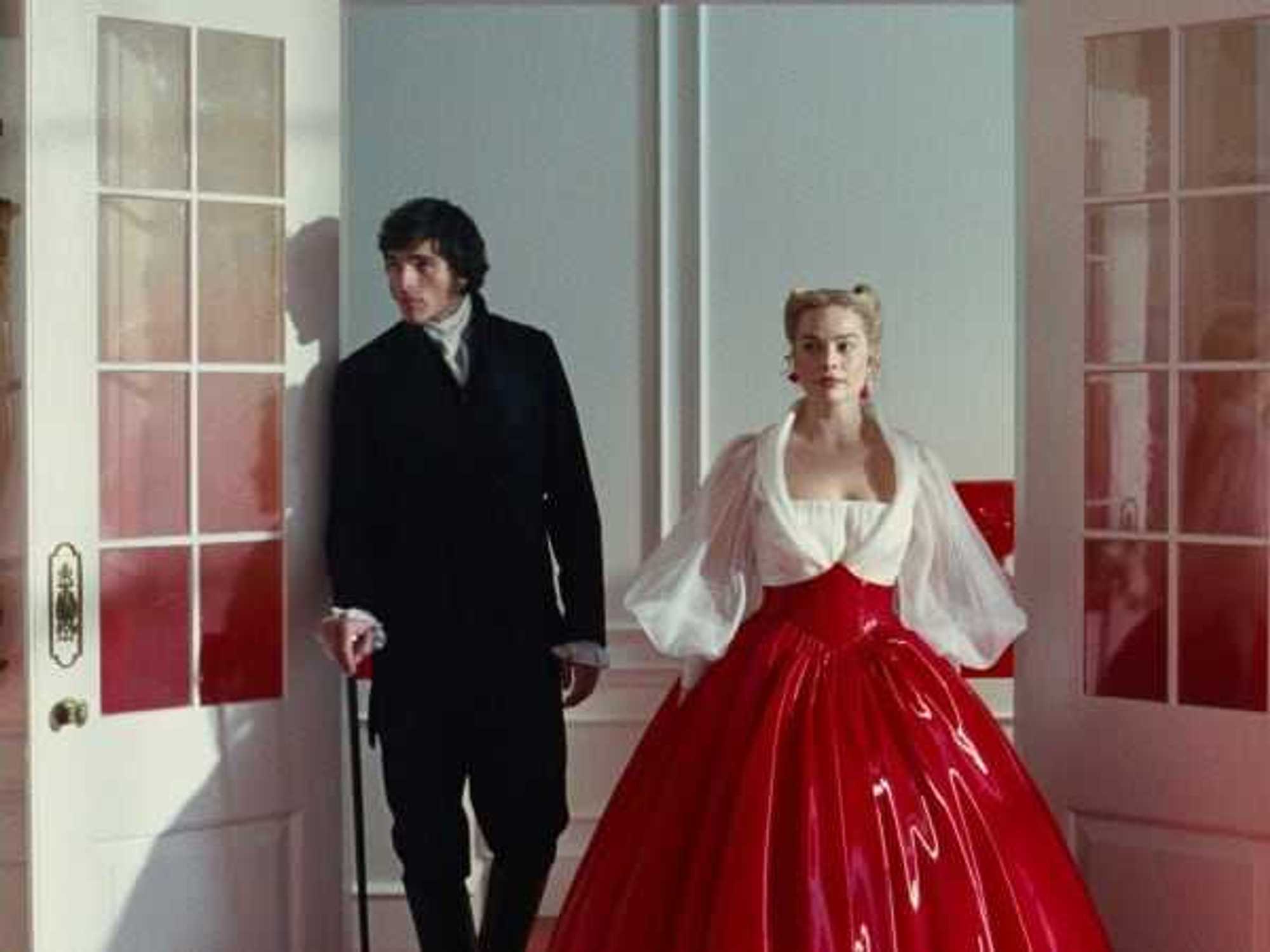When films are made about real-life events, it's pretty much a given that anything you see on screen will be embellished from what really happened. Since life doesn’t play out like a movie, it’s necessary to change events to make them move quicker or seem more important than they might have been at the time they actually happened.
Strangely, the almost opposite approach is taken with Loving, which documents the fight by Richard and Mildred Loving (Joel Edgerton and Ruth Negga) to have their marriage acknowledged as legal. The interracial Virginia couple was at the center of a challenge to their state’s anti-miscegenation laws, a case that made it all the way to the Supreme Court in 1967.
Writer/director Jeff Nichols (Midnight Special) demonstrates the struggles the Lovings went through after getting married in Washington, D.C. — they were arrested and threatened with prison time unless they moved out of state. The bigotry against them is discovered by the ACLU, which takes up their case when few others could or would help them.
As with other civil rights stories, it has all the makings of an intense drama, one that should have Oscar voters begging to vote for it. However, Nichols seems to eschew that kind of craven thinking, instead making a film featuring two characters who mostly want to be left alone instead of celebrated as civil rights icons.
And in the real world, there’s nothing wrong with being humble instead of seeking fame; in fact, it’s admirable. But when it comes to telling a compelling story in a movie, the main characters need to have a little more fire in their bellies. Instead, the Lovings seem to be passive participants in their own story, letting others lead the way while they stay home and take care of their kids.
As a storytelling method, it is far from inspiring. Were it not for lawyers and media in the film saying what a historic event the Lovings’ case was, you could be forgiven for thinking nothing special was going on. Consequently, when the final verdict comes in, there is no emotional catharsis or anything close to it. It’s a peculiar way to tell a story that should resonate strongly.
Edgerton and Negga both deliver nice performances, but the modest and somewhat downbeat nature of their characters robs them of any standout moments. When you combine that with the odd miscasting of Nick Kroll and Jon Bass as ACLU lawyers, plus a random Michael Shannon cameo just for the hell of it, there’s not a lot to advocate for in the acting department.
Given the fraught nature of racial politics that still exists today, Loving should have been a more impactful movie. Instead, the filmmakers took a take it or leave it approach, much to the film’s detriment.




